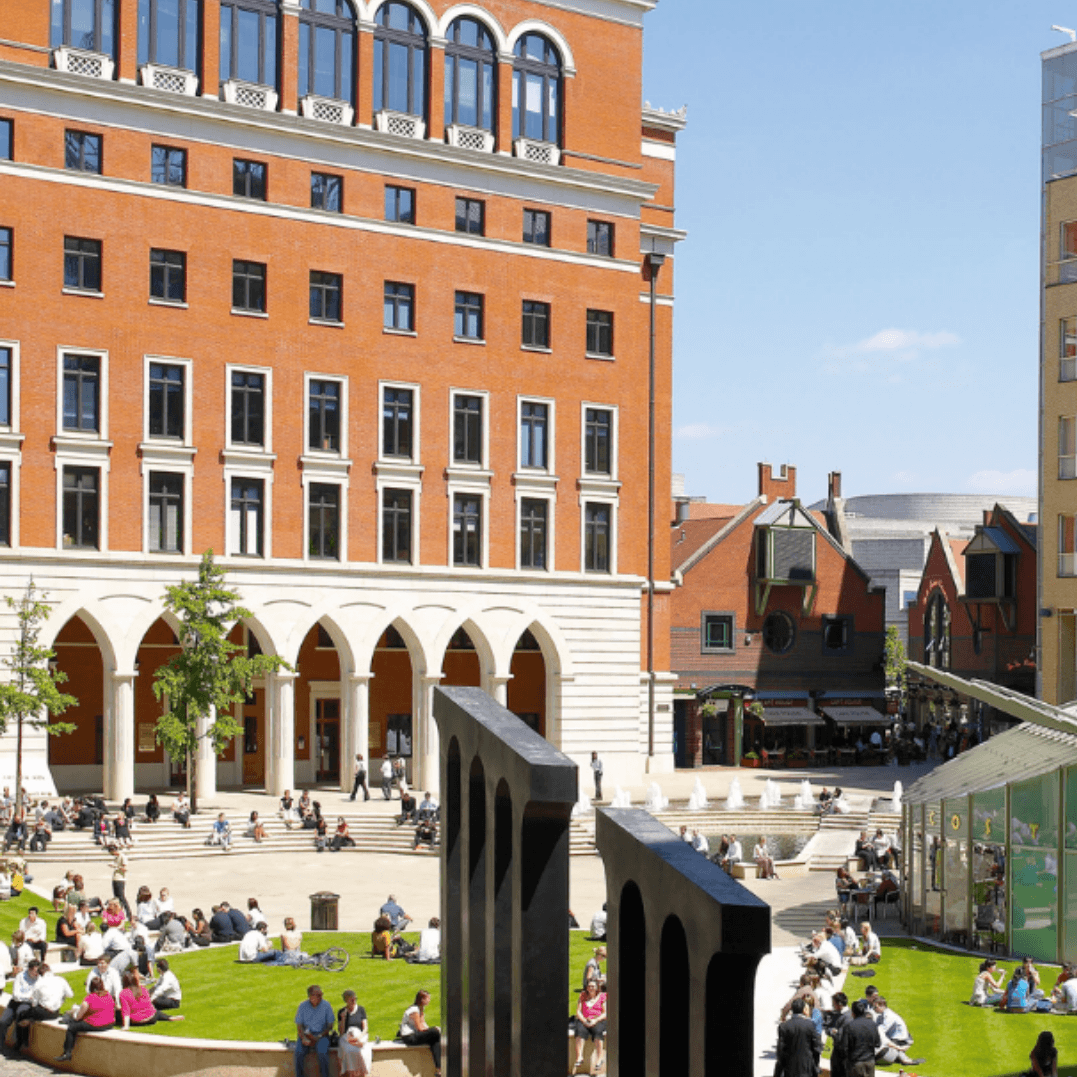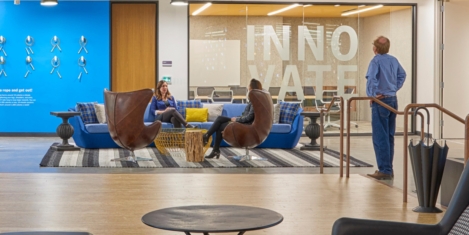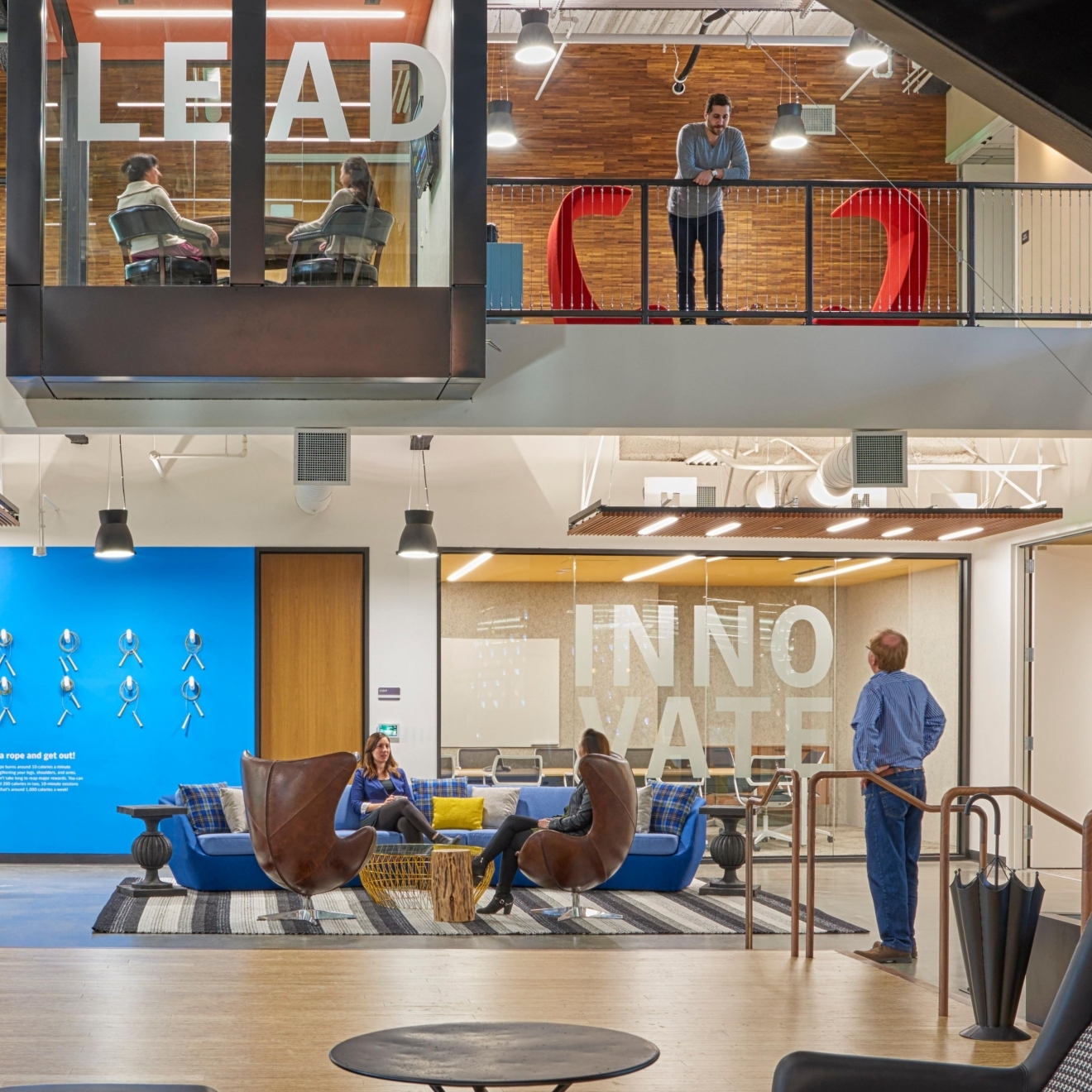To provide the best experiences, we use technologies like cookies to store and/or access device information. Consenting to these technologies will allow us to process data such as browsing behaviour or unique IDs on this site. Not consenting or withdrawing consent, may adversely affect certain features and functions.
The technical storage or access is strictly necessary for the legitimate purpose of enabling the use of a specific service explicitly requested by the subscriber or user, or for the sole purpose of carrying out the transmission of a communication over an electronic communications network.
The technical storage or access is necessary for the legitimate purpose of storing preferences that are not requested by the subscriber or user.
The technical storage or access that is used exclusively for statistical purposes.
The technical storage or access that is used exclusively for anonymous statistical purposes. Without a subpoena, voluntary compliance on the part of your Internet Service Provider, or additional records from a third party, information stored or retrieved for this purpose alone cannot usually be used to identify you.
The technical storage or access is required to create user profiles to send advertising, or to track the user on a website or across several websites for similar marketing purposes.
 Firms in the FTSE 100 are on track to reach the target of 33 percent of women on boards by 2020 that was set by the Hampton Alexander Review. In its July update, the organisation reports that 27.5 percent of FTSE 250 board positions now held by women, up from 24.9 percent three years ago. The figures suggest that if progress matches the same gains made over the last 3 years, then FTSE 100 companies are on track to meet the 2020 target. Just under a third (32.1 percent) of FTSE 100 board positions are now held by women, up from 12.5 percent in 2011. (more…)
Firms in the FTSE 100 are on track to reach the target of 33 percent of women on boards by 2020 that was set by the Hampton Alexander Review. In its July update, the organisation reports that 27.5 percent of FTSE 250 board positions now held by women, up from 24.9 percent three years ago. The figures suggest that if progress matches the same gains made over the last 3 years, then FTSE 100 companies are on track to meet the 2020 target. Just under a third (32.1 percent) of FTSE 100 board positions are now held by women, up from 12.5 percent in 2011. (more…)








 A significant proportion of the global population is concerned about the use of artificial intelligence (AI), with scepticism about its use by business greater than its use by government, a poll published by the
A significant proportion of the global population is concerned about the use of artificial intelligence (AI), with scepticism about its use by business greater than its use by government, a poll published by the
 According to
According to 







 Many larger businesses are struggling to implement digital transformation in spite of the dangers to their long term survival, a new joint report from CBI and Oracle claims. According to
Many larger businesses are struggling to implement digital transformation in spite of the dangers to their long term survival, a new joint report from CBI and Oracle claims. According to 











